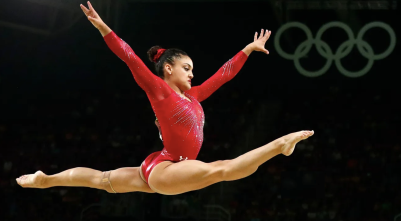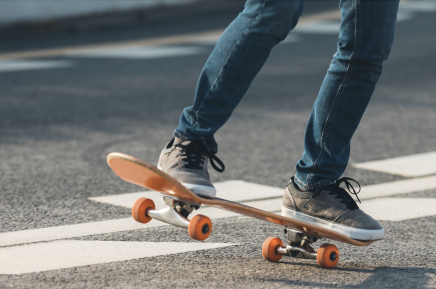Trauma Informed Sports
"Nothing Heals Like Sport"
The Center for Healing and Justice through Sport
Sport is uniquely suited to support the healing of trauma because of the way sport inherently combines physical activity, relationships, routine, and competence building.
In contrast to some aspects of sports culture which may result in children (and adults) feeling that they don't fit in or aren't good enough, Trauma-Informed Sports can lead to increased confidence, connection and leadership. Find out how!
RESOURCES
Neurosequential Model-Sport
Developed by neuroscientist Dr. Bruce Perry in partnership with the Center for Healing and Justice through Sport.
Learn important brain concepts for unlocking new opportunities in Sports, Performance and Coaching:
o Lessons about the brain, the stress response and how the brain changes (neuroplasticity)
o How the brain is impacted by developmental adversity including trauma
o Creating a sense of safety through coaching leadership
o The Neuroscience of "Team" - how to connect and compete
Advanced Training also available for organizations and teams.
The Center for Healing and Justice through
Sport
A national nonprofit organization working to ensure more young people have access to sport experiences that are youth-centered,
healing-centered, inclusive, and work to address issues of systemic injustice. CHJS is rooted in the innovation that exists in community-based sports-based youth development
(SBYD):
- elevating grassroots efforts to make sports equitable
- making sports healing-centered.
The work of CHJS focuses on supporting coaches and young people, primarily those from marginalized communities.
CHJS believes that sport is drastically underutilized as an intentional strategy to support healing, build resilience, and address issues of systemic injustice.
A candid conversation with Laurie Hernandez, Olympic Gold Medal Gymnast – Team USA, Megan Bartlett, Founder – CHJS, and Jorge Casimiro, President, NIKE
Foundation.
Ground-breaking programs for: YOUTH & PARENTS, COACHES, AND REFERREES
Download the CHJS White
Paper on why Trauma-Informed Sport is vital - for children and our communities.
VIDEO: Push to Heal
From Hull Services, a leader in Child and Youth Mental Health in Calgary, Alberta, Canada.
Skateboarding is an activity that provides a great deal of sensory stimuli.
LEARN HOW Skateboarding can build physical and emotional skills:
o The vibrations you feel and the sounds you hear provide soothing and regulating senstions - patterned, repetitive input -
as the skateboard glides across bricks or sidewalks.
o Also, the skateboarder must make tiny adjustments in their feet, legs, and body to maintain balance.
o The skateboarder is constantly making little decisions about how fast or slow to move and in which direction.
o To just stay on a moving skateboard (and later to do tricks) requires thousands of coordinated sensory and cognitive micro-decisions
- which builds Brain-Body Regulation.
The counseling team at Hull Services have found that the skill and confidence that youth gain in skateboarding directly translates into more confidence and skill in regulating their behavior and relating to others.
test



